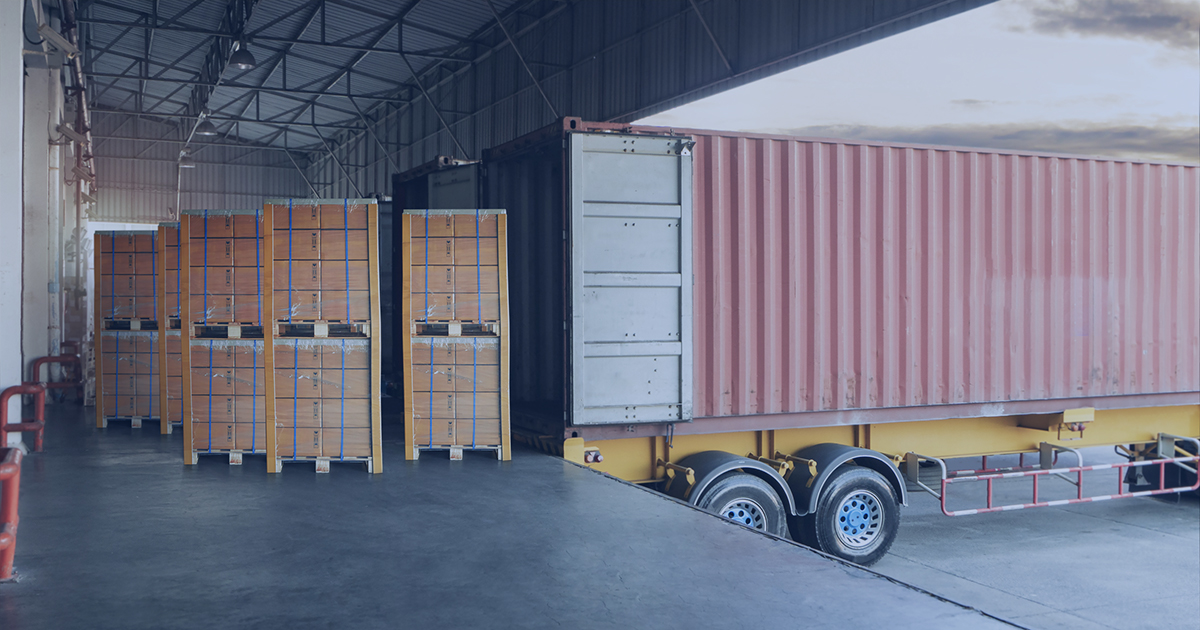Global shipping is increasingly complex, with supply chains vulnerable to geopolitical events, labor disputes, and shifting tariffs. For industries handling perishable goods—like food, pharmaceuticals, and chemicals—port warehouses have become critical junctures in ensuring product quality. When containers are delayed at ports due to customs, regulatory changes, or tariff reviews, proper temperature monitoring can be the difference between a viable product and a costly loss.
The New Normal of Port Delays
Trade tensions, fluctuating tariffs, and logistics bottlenecks have made delays at ports more frequent and unpredictable. Warehouses that once served as brief stops in the supply chain now act as extended holding facilities. For temperature-sensitive goods, this creates a new set of challenges:
- Extended exposure to fluctuating ambient conditions
- Power outages or infrastructure limitations in older port facilities
- Increased risk of spoilage, compliance violations, or recalls
Why Temperature Monitoring Matters More Than Ever
Port warehouses must now function with the precision of a cold chain distribution center. A minor deviation from the optimal temperature range can ruin high-value shipments. This is especially critical when delays can stretch from hours to days due to customs inspections or tariff disputes.
How Wireless Temperature Sensors Help
Wireless temperature sensors, like those from Swift Sensors, offer real-time monitoring and instant alerts for temperature deviations. These systems can be rapidly deployed in port warehouses without requiring major infrastructure changes. Key benefits include:
Battery-Powered and Cloud-Based: Ideal for dynamic and infrastructure-limited port environments.
24/7 Monitoring: Immediate alerts via SMS, email, or app notifications ensure staff can respond before spoilage occurs.
Automated Compliance Reports: Maintain digital records for audits, insurance, and regulatory compliance.
Scalable Coverage: Monitor multiple zones, from reefer containers to cold storage rooms.

Talk with a Specialist
If you think it can’t be monitored, contact us, we might surprise you.
Industries Most at Risk
- Food & Beverage: Seafood, produce, and dairy are especially sensitive to even short-term temperature spikes.
- Pharmaceuticals & Biotech: Strict temperature requirements for vaccines and biologics make robust monitoring essential.
- Chemical Manufacturing: Volatile substances can become dangerous if stored improperly.
Get Started Today
As global trade evolves, so must the infrastructure that supports it. Port warehouses are no longer just transit points—they’re critical control nodes in the quality assurance chain. With wireless temperature sensors from Swift Sensors, operators can reduce the risk of spoilage, comply with regulations, and preserve the value of their goods—even when delays are out of their control.
Is your port warehouse equipped for today’s shipping realities? Get in touch with our team today to learn how Swift Sensors can help protect your veterinary practice today.
Stay in the Know with Swift Sensors
Sign up for the Swift Sensors newsletter to stay ahead in sensor technology. Get exclusive updates on industry trends, product releases, and special promotions. Elevate your knowledge and be part of our tech community. Signup now!



